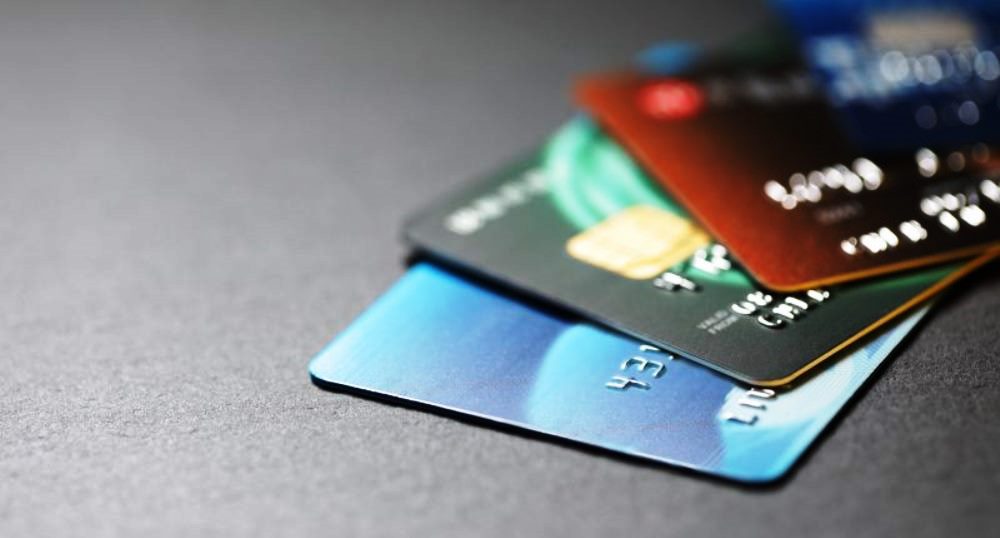The news:
- Starting Monday, September 9, 2024, Nigerian customers will be charged a one-time fee of ₦50 for electronic transfers of ₦10,000 and above.
- This fee, known as the electronic money transfer levy, will be charged on deposits into personal or business accounts, and follows a directive from the Federal Inland Revenue Service (FIRS).
- However, the introduction of the levy has sparked backlash on social media, with Nigerians expressing frustration over what they view as excessive taxation under the President Bola Tinubu-led administration.
This levy stems from the Electronic Money Transfer Levy Regulations, 2022, issued to guide the imposition, administration, collection, and remittance of the electronic money transfer levy introduced by the Finance Act, 2020.
The legislation outlines a one-off levy of ₦50 on the recipient of any electronic transfer of ₦10,000 or more. The regulation also affects equivalent receipts or transfers carried out in other currencies, for which the levy will be charged at the exchange rates determined by the Central Bank of Nigeria (CBN).
The regulations, signed by the former Minister of Finance, Zainab Ahmed, are part of a broader effort to increase government revenue through electronic transactions. The FIRS earned ₦125 billion from transfer levies in 2022 and has been appointed to administer, assess, collect, and account for the levy.
Although the levy was signed into law in 2022, Nigerians have taken to social media platforms such as Twitter to voice their displeasure, accusing the government of continuously imposing taxes on citizens without notable progress or accountability for how the monies are spent.
Fintech platforms have reiterated that the levy is not a profit-making scheme but a government directive.
In a notice to its customers, OPay stated, “It is important to note that OPay does not benefit from this charge in any way as it is directed entirely to the Federal Government.”
Other fintech platforms, such as Moniepoint and PalmPay, have also communicated the changes to their customers, emphasising that the levy is a mandatory government requirement.
PalmPay further reassured its users that the platform remains committed to offering free transfers, except for the government-mandated charge.











